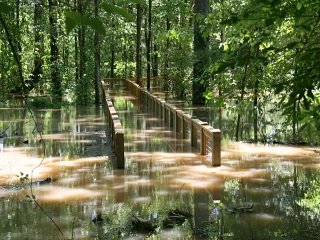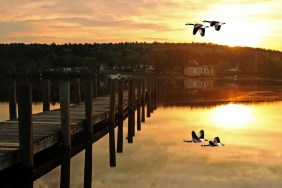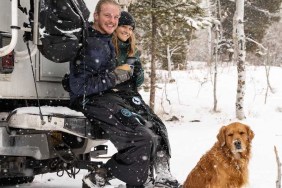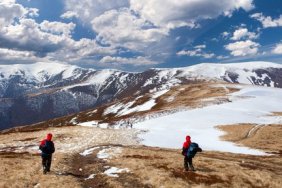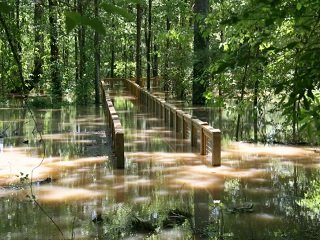 Backcountry hiking has its appeal for several reasons. For instance, you get to truly remove yourself from the hustle and bustle of traffic, cities and the hectic business of life. Backcountry camping also allows you to explore and discover parts of the nation that such things haven’t infected, which can lead to moments you’ve never before had and may never experience again. However, as exciting as the backcountry experience can be, it doesn’t come without its own risks and potential perils, none of which should be ignored or taken lightly. In fact, some things can signal that it’s time to pack it in and plan your trip for another weekend.
Backcountry hiking has its appeal for several reasons. For instance, you get to truly remove yourself from the hustle and bustle of traffic, cities and the hectic business of life. Backcountry camping also allows you to explore and discover parts of the nation that such things haven’t infected, which can lead to moments you’ve never before had and may never experience again. However, as exciting as the backcountry experience can be, it doesn’t come without its own risks and potential perils, none of which should be ignored or taken lightly. In fact, some things can signal that it’s time to pack it in and plan your trip for another weekend.
We all get tired when we exert ourselves, but there’s a difference between feeling the burn and fatigue. If you’re not experienced or able to handle the distance or physical demands of a longer trek, then the backcountry is not for you. If you find yourself fatigued on your hike, so much so that you won’t reach your campsite or destination at your scheduled time, then it’s time to make camp and reassess your trip.
As much as we plan ahead, our ability to do so is severely limited when nature is involved, even more so in the backcountry, where reports and updates don’t reach. Far from the trail, you can encounter anything from floods or damaged terrain, making your going a little tougher than you might have been prepared for. Furthermore, severe weather can crop up without warning, which may present the need to turn around or try and ride it out for the night. If you don’t have the necessary gear or knowledge to handle such risks, then don’t chance it. Again, cut your losses and turn back in favor of friendlier terrain.
Lastly, injuries or sickness are bad enough when you’re away from home, but in the backcountry, they become exponentially serious in a heartbeat, due to the distance from emergency care. Unless you’re a licensed medical professional or received emergency outdoor safety training, serious health-related risks should not be ignored. You don’t want to be stranded in the middle of the wilderness with a broken leg or venomous snake bite.
While outdoorsmen can encounter any number of risky situations, on and off the trail, I think we can agree that such situations are far more severe when you’re miles from a ranger’s office, campground, or even a trail. Sometimes it’s just better to call it a day and cut your losses. Yes, we take on hiking in the backcountry as a challenge to overcome, but your safety is far more important. Don’t risk it.
